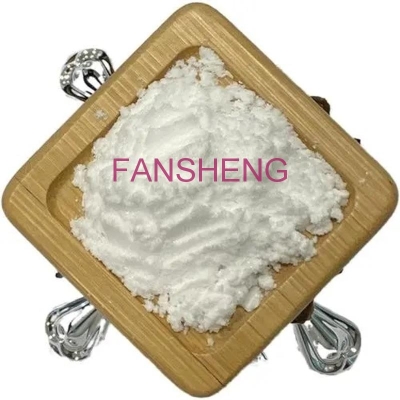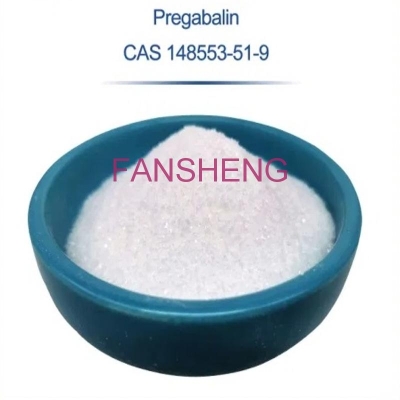-
Categories
-
Pharmaceutical Intermediates
-
Active Pharmaceutical Ingredients
-
Food Additives
- Industrial Coatings
- Agrochemicals
- Dyes and Pigments
- Surfactant
- Flavors and Fragrances
- Chemical Reagents
- Catalyst and Auxiliary
- Natural Products
- Inorganic Chemistry
-
Organic Chemistry
-
Biochemical Engineering
- Analytical Chemistry
- Cosmetic Ingredient
-
Pharmaceutical Intermediates
Promotion
ECHEMI Mall
Wholesale
Weekly Price
Exhibition
News
-
Trade Service
Frontotemporal dementia (FTD) is a heterogeneous disease characterized by neurodegenerative changes in the frontal and temporal lobes
.
20%-30% of FTD cases are genetic diseases
Accurately assessing disease stages and tracking changes in FTD clinical phenotypes are essential for designing future disease treatment trials
.
The two severity indicators for FTD are the Clinical Dementia Rating (CDR) dementia staging tool and the FTD Rating Scale (FRS)
The purpose of this study is to: (1) evaluate and compare the effects of FRS and CDR+NACC in a cohort of hereditary FTD patients (GENFI), and describe the stage and severity of the disease in presymptomatic and symptomatic hereditary FTD patients (2) use Longitudinal changes in the data check and comparison scale of the 1-year follow-up (3) Estimate the sample size required to detect small or medium-scale effects of disease progression based on two candidate outcome indicators
.
This article was published in " Journal of Neurology, Neurosurgery & Psychiatry " ( Journal of Neurology, Neurosurgery & Psychiatry )
The purpose of this study is to: (1) evaluate and compare the effects of FRS and CDR+NACC in a cohort of hereditary FTD patients (GENFI), and describe the stage and severity of the disease in presymptomatic and symptomatic hereditary FTD patients (2) use Longitudinal changes in the data check and comparison scale of the 1-year follow-up (3) Estimate the sample size required to detect small or medium-scale effects of disease progression based on two candidate outcome indicators
725 participants participated in the FRS and CDR+NACC study, 457 mutation carriers (77 MAPT, 187 GRN, 193 C9orf72) and 268 mutation-free family members (non-carrier control group)
First, the CDR+NACC FTLD global score was used to determine the disease severity of mutation carriers.
54.
3% were asymptomatic (CDR+NACC FTLD global=0), 15.
3% had a prodromal phenotype (0.
5), and 30.
4% had a symptomatic phenotype (≥ 1)
.
The average FRS scores of all genetic groups were lower than those of the control group: GRN mutation carriers averaged 83.
Proportion of FTLD Global Rating Participants in each FRS severity category
Carriers of GRN, MAPT and C9orf72 mutations with a global score of 0 have FRS scores comparable to those of the control group
.
Among mutation carriers, FRS and CDR+NACC-FTLD-SB scores are strongly negatively correlated (rs)=−0.
FRS percentage score and annual change value of CDR+NACC
The disease stages and severity of the two scales are not completely consistent
.
Analysis indicates that FRS may capture more subtle changes related to disease progression
The disease stages and severity of the two scales are not completely consistent
In short, the two scales did not address some of the key symptoms of FTD, such as motor and neuropsychiatric deficits, and future scales need to include these symptoms
Leave a message here







